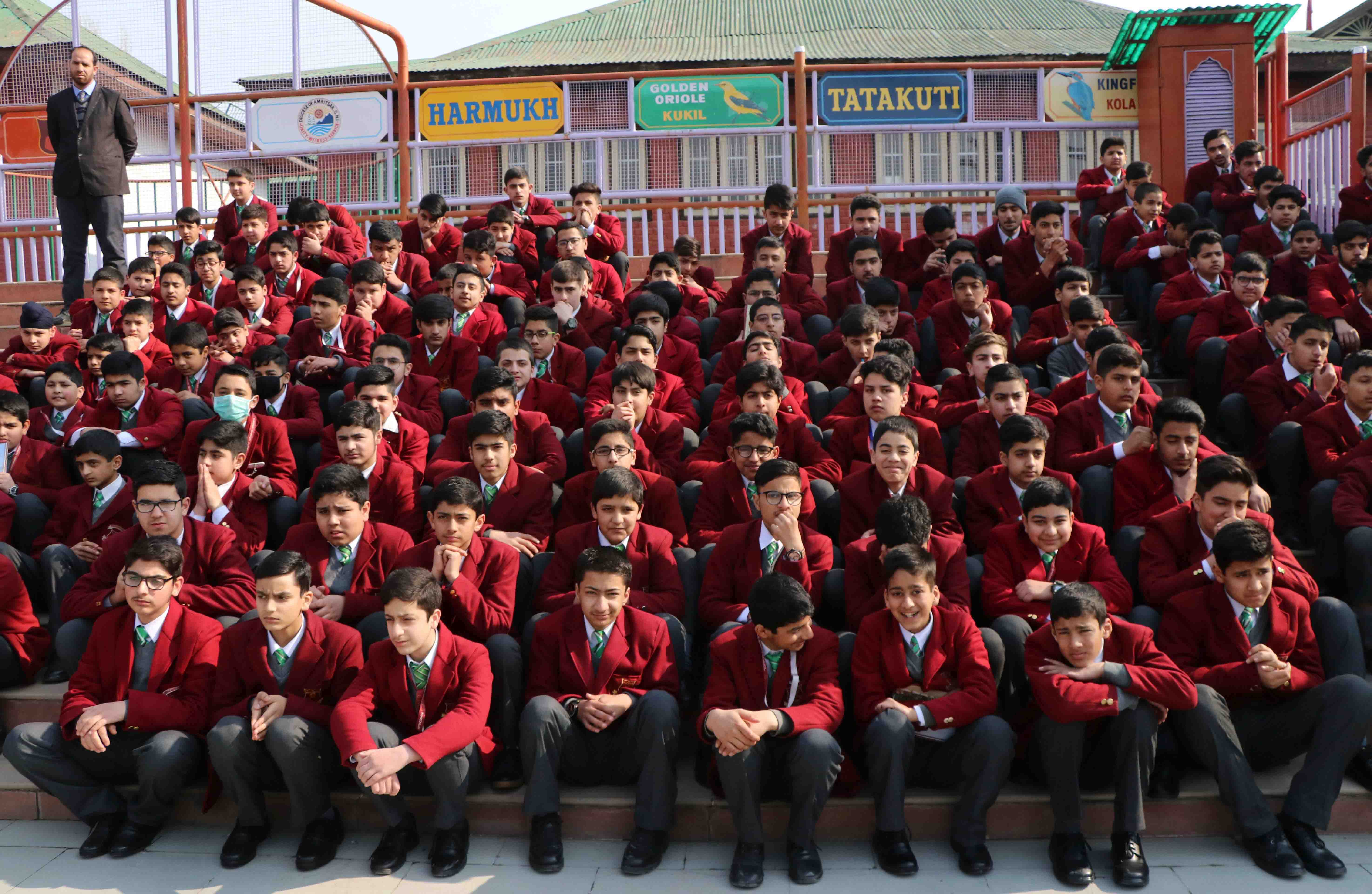by Dr Altaf Ahmad Dar
First and foremost a health crisis, the Covid-19 pandemic has affected all the segments of life. Education is no exception. Countries across the globe have decided to close their activities including the educational institutions. Rightly so. Though the researchers are busy in finding a solution to this invisible enemy, it seems developing antidote may take a long time.

While we know that the impact of this virus will be far-reaching, we understand prolonged disaster created by Covid-19 may prove fatal for the different sectors. It will also have a negative impact on academic calendars across the globe as well. The worst-hit seems to be students from modest backgrounds, belonging to lower strata of the society.
Intervening at a larger level, many countries have adopted localised measures to compensate for the loss. Few countries have even started to telecast teaching programmes on both state and private TV networks for the benefit of the students.
Kashmir has its own set of problems. Education in this part of the globe has suffered at regular intervals, Covid-19 is a deadly addition. In the recent past, we have seen major blows on the education system due to the political agitations of 2008, 2010, 2016, 2019 and deluge disaster of 2014.
A different challenge this time, it requires a specific strategy. Unexpected at the start of this academic session, the Covid-19 demands a response different from the earlier crisis. Respecting the call for social-distancing, community classes are no option. The only viable option is the use of technology.
But the question arises, do we have trained instructors to manage technology and receptive students to understand things digitally. When we analyse the ground realities, majority of our teachers, masters, principals, lack basic knowledge in terms of technology. Not willing to be part of these online courses, many government teachers don’t take the initiative seriously. They take huge salaries without actually putting effort to impart education in tough times. But as we talk about the teachers working in private educational institutions, they lead the way. The government teachers should follow them.
Right now being in this difficult situation, it requires extra efforts. Present Covid-19 crisis is a test for teaching community to prove their metal. As rightly said by Prof. Fazil Illahi of IASE Srinagar, “the greatest test of education lies in the times of distress”
As responsible for nation-building, teacher community need to move ahead with soft educational technology for the teaching-learning of the students. As we know that it is not an alternative to formal schooling but at least it can minimise the damage as predicted by educational researchers. It can give a sigh of relief to the student community in distress. Different technological software tools like Whatsapp, Google classroom, Zoom cloud meeting, Skype, Modules and other applications can be utilised for the benefit of the students. The present circumstances demand to redefine the role of Teachers. They are no longer as the knowledge holder who imparts wisdom to their students, as students are being able to gain access to knowledge, through a few clicks on their phones.
This time, there is a need to move beyond the routine. Move towards promoting skills and values among students to be the responsible members of society. In the present global crisis, students require life skills that are proving to be essential to fight effectively with this pandemic. This needs to unlock technology to deliver education and to utilise the best use of available technological tools for the benefit of students.
Moreover, we need to assess the academic achievement of students through online methods. Online techniques need to be utilised so that we can assess the academic abilities of the students. More focus needs to be given to those students particularly of primary classes who are facing problems for understanding the online content. Audios and videos in a lucid language particularly in mother tongue need to be created for this category of students.

Teachers need to move forward with caution and wisdom. We know that online teaching is not a complete alternative to formal schooling, but it an option. Though school is the best public policy tool to increase the child’s ability and social skills but compulsion is to carry the mission outside the classroom.
In this atmosphere of uncertainty, it is the responsibility of teachers, Educational administrators and policy-makers to dedicate themselves for the educational upliftment of the student community.
(Dr Altaf Ahmad Dar has done doctorate Degree on Peace studies from Pondicherry University. He is presently serving as a teacher in the School Education Department, Kashmir. Ideas expressed are his personal.)















